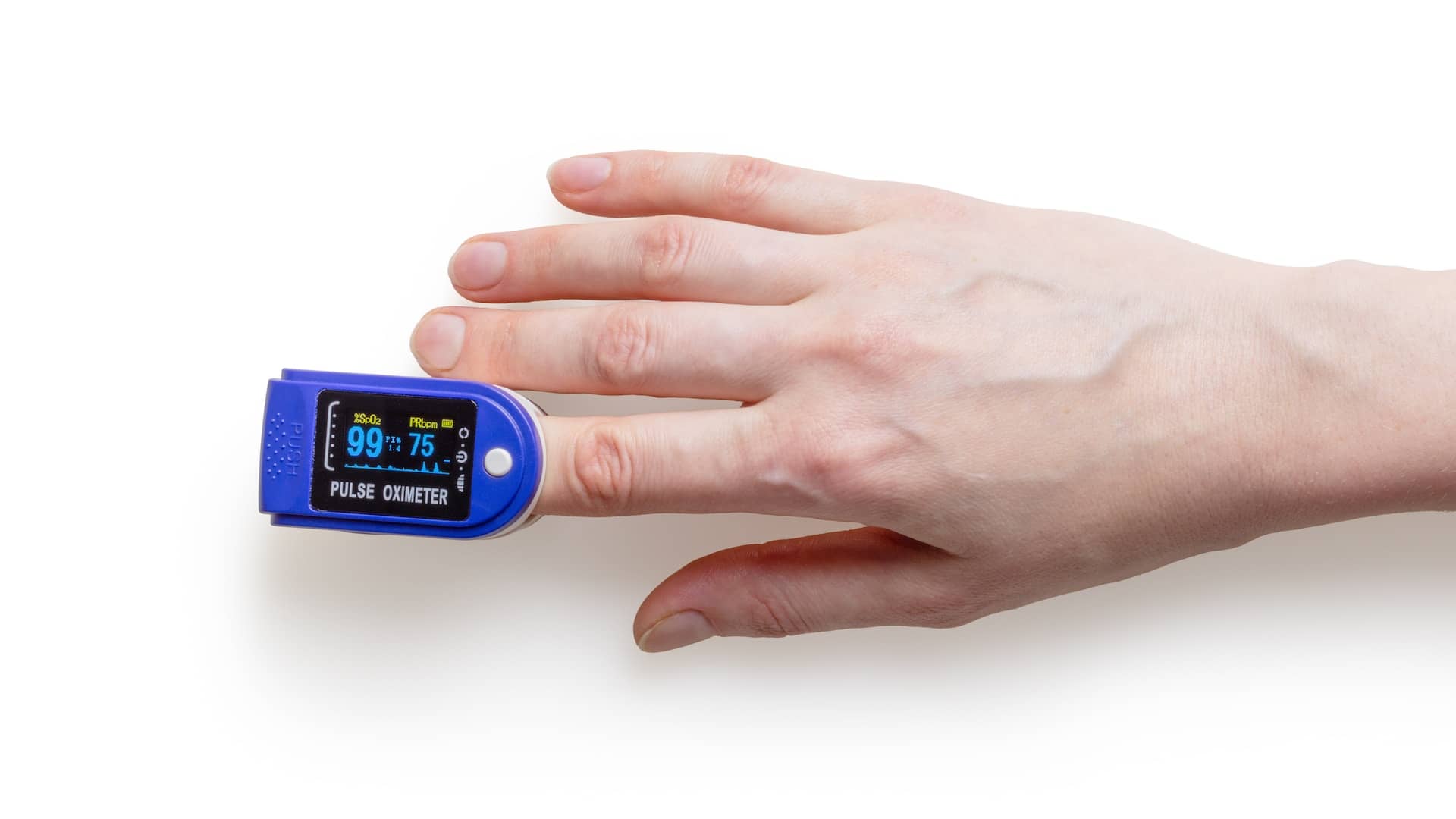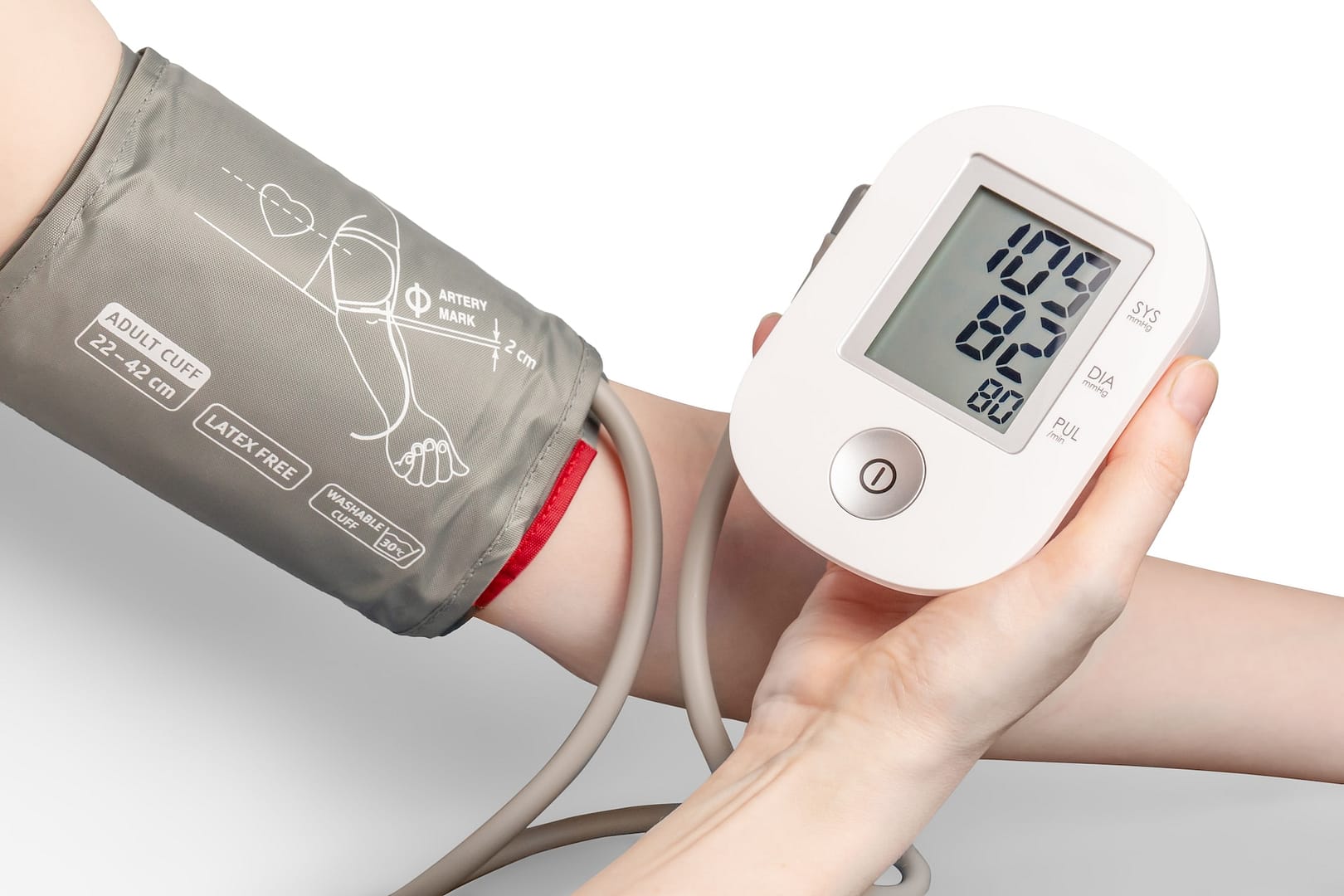Spinal cord injuries (SCIs) can be life-altering, leading to a range of secondary health conditions that profoundly impact patients’ lives. These secondary health conditions are often the unexpected consequences of the initial injury, and they can significantly complicate the recovery process. In this article, we will explore what secondary health conditions in spinal cord injury patients are, delve into the factors that contribute to their development, and discuss preventative measures that can help enhance the quality of life for individuals with SCIs.
What are the Secondary Issues with Spinal Cord Injury?
To comprehend the challenges faced by spinal cord injury patients, we must first understand what secondary health conditions are. Secondary health conditions are ailments or complications that arise as a result of the primary spinal cord injury. They are not the direct result of trauma but rather emerge as a cascade of events following the initial injury. These secondary issues can affect various body systems, and they can be particularly debilitating for those living with spinal cord injuries.
Neurological Complications
Neurological complications are common secondary health conditions in spinal cord injury patients. When the spinal cord is damaged, it can disrupt the normal flow of signals between the brain and the rest of the body. This disruption can lead to problems like muscle spasms, loss of sensation, and even paralysis below the level of injury. The severity and extent of neurological complications depend on the location and severity of the spinal cord injury.
Respiratory Problems
Respiratory issues often arise as a secondary health condition in spinal cord injury patients, particularly those with injuries at or above the cervical level. These patients may experience difficulties with breathing, requiring the use of ventilators or other respiratory support devices. Proper management and respiratory therapy are essential to maintain optimal lung function and prevent complications such as pneumonia.
Pressure Sores
Pressure sores, also known as pressure ulcers or bedsores, are a significant concern for individuals with spinal cord injuries, especially those with limited mobility. These sores result from sustained pressure on specific areas of the body, typically over bony prominences. They can be painful, lead to infections, and even require surgery if left untreated.
Autonomic Dysreflexia
Autonomic dysreflexia is a sudden and potentially life-threatening increase in blood pressure that can occur in individuals with spinal cord injuries, typically at or above the T6 level. It is triggered by various stimuli, such as a blocked catheter or skin irritations, and can lead to serious medical emergencies. Swift recognition and intervention are crucial in managing autonomic dysreflexia.
Urinary Tract Infections
Spinal cord injury patients often face an increased risk of urinary tract infections (UTIs). The loss of normal bladder function and the use of catheters can contribute to the development of UTIs. Frequent monitoring and proper catheter care are essential in preventing these infections.
Osteoporosis and Fractures
Loss of bone density is a common secondary health condition in individuals with spinal cord injuries. Osteoporosis, characterised by weakened bones, can make them more prone to fractures. Fractures can occur with minimal trauma, such as a minor fall or even during routine transfers. Preventative measures like weight-bearing exercises and medication management are crucial for maintaining bone health.
Preventative Measures Regarding Secondary Health Conditions from Spinal Cord Injuries
While secondary health conditions are a significant concern for spinal cord injury patients, there are several preventative measures that can be taken to minimise their impact. By addressing these issues proactively, patients and healthcare providers can work together to enhance the quality of life for those living with SCIs.
Rehabilitation and Physical Therapy
Rehabilitation and physical therapy play a pivotal role in managing secondary health conditions. Proper exercises can help improve muscle strength, joint flexibility, and overall physical fitness. Physical therapists work closely with patients to develop personalised exercise regimens, reducing the risk of muscle atrophy and contractures.
Assistive Devices and Adaptive Equipment
The use of assistive devices and adaptive equipment can significantly improve the daily lives of spinal cord injury patients. Wheelchairs, mobility aids, and devices for activities of daily living can enhance independence and reduce the risk of developing secondary health conditions. Proper training and guidance on the use of these devices are essential.
Skin Care
Preventing pressure sores requires diligent skin care. Regular skin assessments and the use of pressure-relief techniques can help prevent the formation of these painful sores. Patients and caregivers should be well-informed about the importance of skin care and the early signs of pressure sores.
Bladder Management
Proper bladder management is crucial in preventing urinary tract infections and other related complications. Techniques such as intermittent catheterization, clean self-catheterization, or the use of catheterization devices should be taught and closely monitored by healthcare professionals.
Respiratory Care
Patients with respiratory complications should receive specialised care and education on how to manage their breathing. Regular follow-ups with pulmonologists and respiratory therapists are essential to ensure optimal lung function. Moreover, caregivers should be trained in providing respiratory support when necessary.
Bowel Care
Individuals with spinal cord injuries may experience bowel-related complications, including constipation and bowel incontinence. Proper dietary management, hydration, and bowel programs can help prevent these issues.
Education and Support
Empowering spinal cord injury patients with knowledge and support is essential in their long-term care. Education on secondary health conditions and their prevention, as well as emotional and psychological support, can have a positive impact on their overall well-being.
Making a Serious Injury Claim with National Claims
National Claims understands the challenges and complexities that spinal cord injury patients face. We are committed to providing comprehensive support to those seeking compensation and assistance for their injuries. If you or a loved one has experienced a spinal cord injury due to the negligence of another party, we can help you make a serious injury claim to secure the compensation you deserve. Our experienced team will guide you through the claims process and ensure that you receive the financial support needed to cope with the ongoing medical expenses and lifestyle adjustments associated with spinal cord injuries.
Consultation and Evaluation
The first step in making a serious injury claim with National Claims is to schedule a consultation with our experienced team of legal experts. During this initial consultation, we will evaluate the circumstances of your injury and the potential liability of the responsible party. We will assess the extent of your injuries, including any secondary health conditions that have arisen as a result of the spinal cord injury.
Legal Representation
Once we have determined the viability of your claim, National Claims will provide dedicated legal representation to advocate on your behalf. We will work diligently to gather evidence, interview witnesses, and build a strong case to establish liability. Our goal is to secure maximum compensation for your medical expenses, rehabilitation, and other damages related to the spinal cord injury.
Ongoing Support
Beyond the legal process, National Claims is dedicated to providing ongoing support to spinal cord injury patients. We recognise that the challenges posed by secondary health conditions can be long-lasting, and we are committed to helping you access the necessary resources and services to improve your quality of life. Our comprehensive approach extends beyond the courtroom to ensure that you receive the care and assistance you require.

Conclusion
In conclusion, secondary health conditions in spinal cord injury patients are complex challenges that demand a comprehensive approach to prevention and management. While these conditions can be daunting, understanding the potential issues and taking proactive measures can significantly improve the quality of life for those living with SCIs. It is crucial for patients, healthcare providers, and caregivers to work together to address the challenges posed by secondary health conditions and ensure that individuals with spinal cord injuries can lead fulfilling and healthy lives.
National Claims is here to offer support and assistance to those facing the aftermath of spinal cord injuries. We understand the intricacies of serious injury claims and are dedicated to securing the compensation you need to cope with the financial burdens associated with secondary health conditions. Our commitment goes beyond legal representation, as we provide ongoing support to help you navigate the challenges and uncertainties that lie ahead. We are here to help you on your journey towards recovery and a better quality of life.
Start your claim by contacting us and be put in touch with one of our helpful claims specialists.
Click below to see why we are one of the most trusted claims management companies in the UK.

We’re proud of our excellent customer reviews
We thrive on delivering exceptional service and ensuring our clients’ satisfaction. Don’t just take our word for it. Check out some of our independent reviews to see what our clients have to say.
Excellent

This firm is excellent, they sorted out my car pay out and injury claim very fast, they always communicate with you all the time.

My accident case was dealt with confidence and with great result of the outcome, especially James kept me informed all the time.

I was very impressed at the way my inquiry was treated. I was listened to attentively and everything I needed to know was explained to me.






